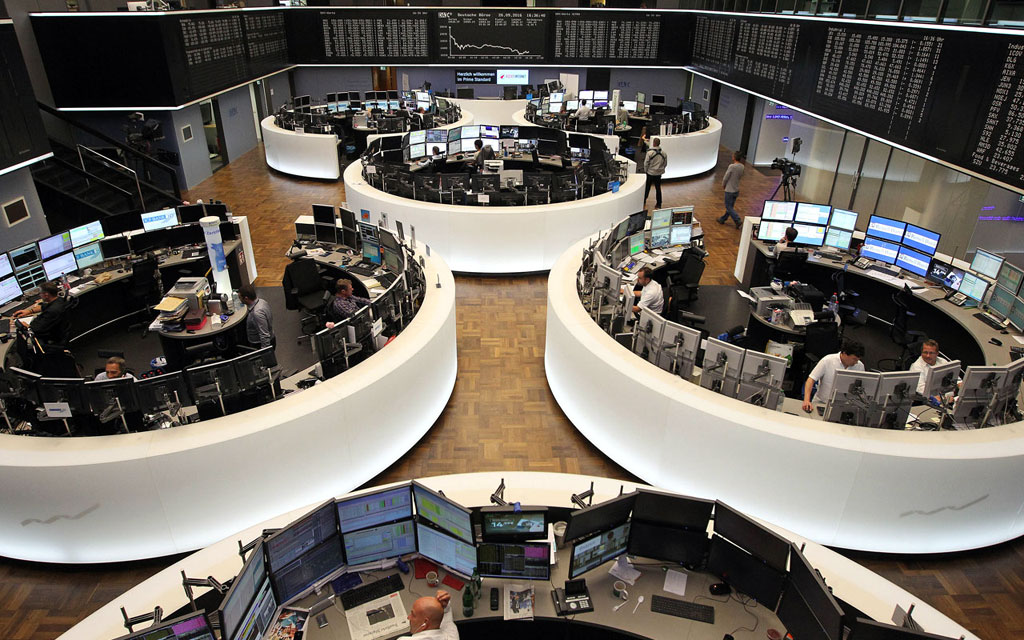 LONDON: The dollar slipped against its global peers on Friday as the US slapped new tariffs on Chinese goods, reviving the markets' fears of a trade war, dealers said.
LONDON: The dollar slipped against its global peers on Friday as the US slapped new tariffs on Chinese goods, reviving the markets' fears of a trade war, dealers said.
The greenback's weakness gave the euro some breathing space after a slump in the currency sparked by the European Central Bank's promise that interest rates will remain low for at least another year.
Trump on Friday announced tariffs of 25 percent targeting $50 billion (43 billion euros) in Chinese imports from "industrially significant" technologies, making good on a pledge to punish the alleged theft of American intellectual property.
He also warned of "additional tariffs" should China retaliate.
The move also triggered profit-taking in European stock markets, a day after they benefited handsomely from the ECB's accommodating policy stance.
Wall Street was also weaker at the opening bell.
"The focus shifts from central banks back to trade," observed Craig Erlam, senior market analyst at Oanda trading group.
The EU on Thursday meanwhile approved a raft of tariffs targeting US goods.
The euro's partial recovery came a day after it was hammered by the ECB's rate announcement that was accompanied by a cut in the central bank's eurozone growth outlook, citing rising protectionism and global trade fears.
The Federal Reserve had on Wednesday said that it would likely hike US rates twice more this year and four times in 2019, highlighting an increasing divergence between the two central banks.
Bank of Japan head Haruhiko Kuroda meanwhile on Friday defended his bank's decision to press ahead with the country's ultra-loose monetary policy.
After a two-day meeting, the BoJ said it would retain its current framework, pointing to a disappointing lack of progress towards its longstanding 2.0 percent inflation target.
The euro's slump Thursday had sent European stocks rallying the same day as a cheaper euro boosts the bloc's exporters.
In London, shares in British engines maker Rolls-Royce soared nearly 10 percent.
Fresh from announcing 4,600 job cuts, Rolls said it was now "well placed" to beat its cash flow target of £1.0 billion ($1.3 billion, 1.14 billion euros) by 2020.
Shares in supermarket Tesco, Britain's biggest retailer, meanwhile jumped 2.6 percent after the company reported solid first-quarter sales.





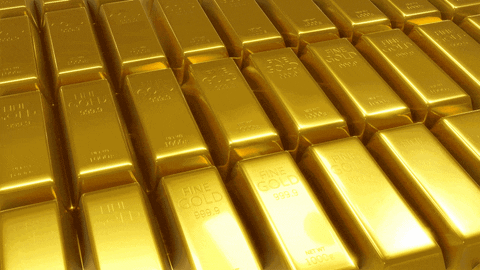








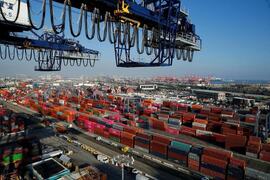
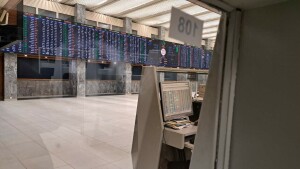
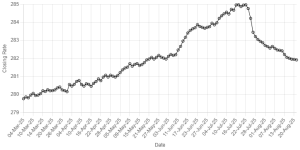

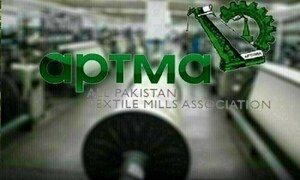


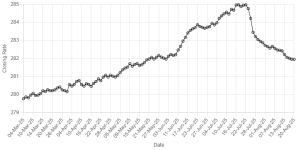

Comments
Comments are closed.